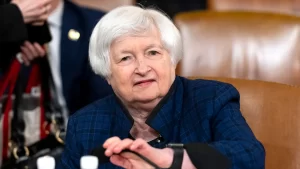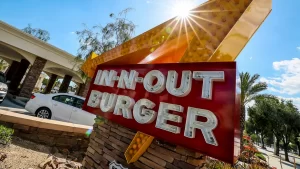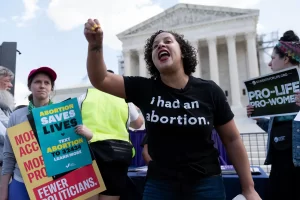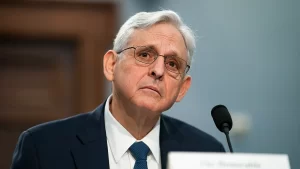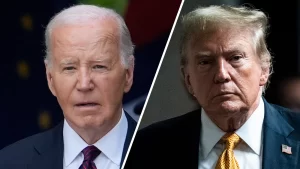
Rishi Sunak
In a bid to reclaim the narrative following heavy losses in recent local elections, Rishi Sunak will position himself as the optimal candidate to steer Britain towards a “more secure future” in an upcoming political address. Scheduled just over a week after setbacks for his party, the Prime Minister will address an audience in London on Monday, emphasizing that the nation stands at a critical juncture as voters prepare to cast their ballots later this year. He reaffirms that the general election will be held in 2024, dispelling speculations of a later date.
In advance excerpts of his speech, Sunak pledges bold initiatives aimed at societal improvement and the restoration of public confidence and national pride. He asserts his conviction that the forthcoming years will be both perilous and transformative for the country.
Sunak aims to draw a clear distinction between his Conservative party and the opposition, particularly Labour leader Keir Starmer, who currently leads in polls by a significant margin. Sunak highlights the Conservatives’ commitment to increasing defense spending to 2.5% of GDP by 2030, contrasting it with Starmer’s similar pledge lacking a specified timeline.
Meanwhile, Starmer capitalizes on recent successes, including winning 11 mayoralties, by convening a meeting of Labour’s mayors in the West Midlands. Joined by Shadow Chancellor Rachel Reeves and Deputy Leader Angela Rayner, they discuss strategies for fostering economic growth across the UK through region-specific 10-year growth proposals.
Sunak faces further challenges as Tory MP Natalie Elphicke defects to the Labour Party, citing dissatisfaction with the government’s handling of immigration. Sunak’s promises to address immigration, particularly in regions like Dover and Deal, are brought into question.
In his address, Sunak frames the increase in asylum seekers as part of a broader global immigration challenge and stresses the imperative of safeguarding the nation’s security amidst evolving circumstances. He underscores the pivotal choices confronting the country in the face of these changes, asserting that Britain’s future success hinges on its ability to adapt and seize opportunities amidst uncertainty.

